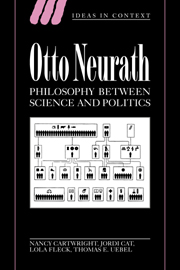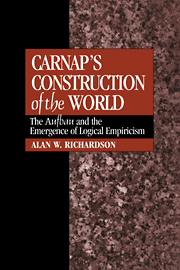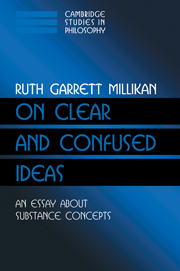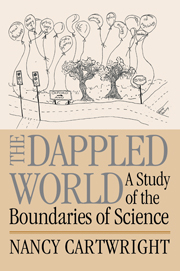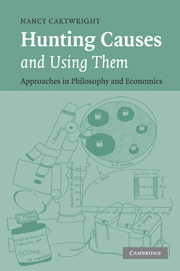Otto Neurath
An international team of four authors, led by distinguished philosopher of science, Nancy Cartwright, and leading scholar of the Vienna Circle, Thomas E. Uebel, have produced this lucid and elegant study of a much-neglected figure. The book, which depicts Neurath's science in the political, economic and intellectual milieu in which it was practised, is divided into three sections: Neurath's biographical background and the socio-political context of his economic ideas; the development of his theory of science; and his legacy as illustrated by his contemporaneous involvement in academic and political debates. Coinciding with the renewal of interest in logical positivism, this is a timely publication which will redress a current imbalance in the history and philosophy of science, as well as making a major contribution to our understanding of the intellectual life of Austro-Germany in the inter-war years.
- Four distinguished authors, led by renowned historian of the philosophy of science, Nancy Cartwright
- Takes a comprehensive look at Neurath and his theory of science in its political, economic and social contexts
- Timely study of a neglected figure which will redress the current imbalance in the history and philosophy of science
Reviews & endorsements
'The result is a well constructed, lucid and erudite exposition of the scientific philosophy of Neurath.' English Historical Review
Product details
April 2008Paperback
9780521041119
308 pages
229 × 152 × 18 mm
0.46kg
16 b/w illus.
Available
Table of Contents
- Introduction
- Part I. A Life Between Science and Politics:
- 1. Before Munich
- 1.1. Early years
- 1.2. War economics
- 1.3. During the First World War
- 2. The socialisation debate
- 2.1. Setting the problem
- 2.2. Bauer and Korsch
- 2.3. The standard of living
- 2.4. Neurath on the structure of the socialist economy
- 2.5. The road to socialisation
- 2.6. Neurath's position in the debate
- 3. In the Bavarian revolution
- 3.1. The appointment
- 3.2. In office
- 3.3. On trial
- 4. In Red Vienna
- 4.1. People's education
- 4.2. The Housing Movement
- 4.3. The Museum of Economy and Society
- 4.4. The Vienna Circle
- 4.5. Exile in The Hague and Oxford
- Part II. On Neurath's Boat:
- 1. The Boat: Neurath's image of knowledge
- 2. In the First Vienna Circle
- 2.1. Three hypotheses
- 2.2. Mach's legacy
- 2.3. The 1910 programme
- 3. From the Duhem Thesis to the Neurath Principle
- 3.1. Normative antifoundationalism 3.2. Radical descriptive antifoundationalism
- 3.3. Metatheoretical antifoundationalism
- 4
- Rationality without foundations
- 4.1
- The primacy of practical reason
- 4.2. Determining the conventions of science
- 4.3. The second Boat: one world
- 5. A theory of scientific discourse
- 5.1. Anti-philosophy, Marxism and radical physicalism
- 5.2. The forward defense of naturalism
- 5.3. Science as discourse: the theory of protocols
- 6. Towards a theory of practice
- Part III. Unity on the Earthly Plane:
- 1. Two stories with a common theme
- 2. Science: the stock of instruments
- 2.1. From re-represention to action
- 2.2. Unity without the pyramid
- 3. The attack on method
- 3.1. Boats and Ballungen
- 3.2. Protocols, precision and atomicity
- 3.3. The two Neurath Principles
- 4
- Where Ballungen come from
- 4.1. Duhem's symbols
- 4.2. The congestion of events
- 4.3. The density of concepts
- 4.4. The separability of planning and politics
- 4.5. How Marxists think of history
- 5. Negotiation, not regulation
- Conclusion.

